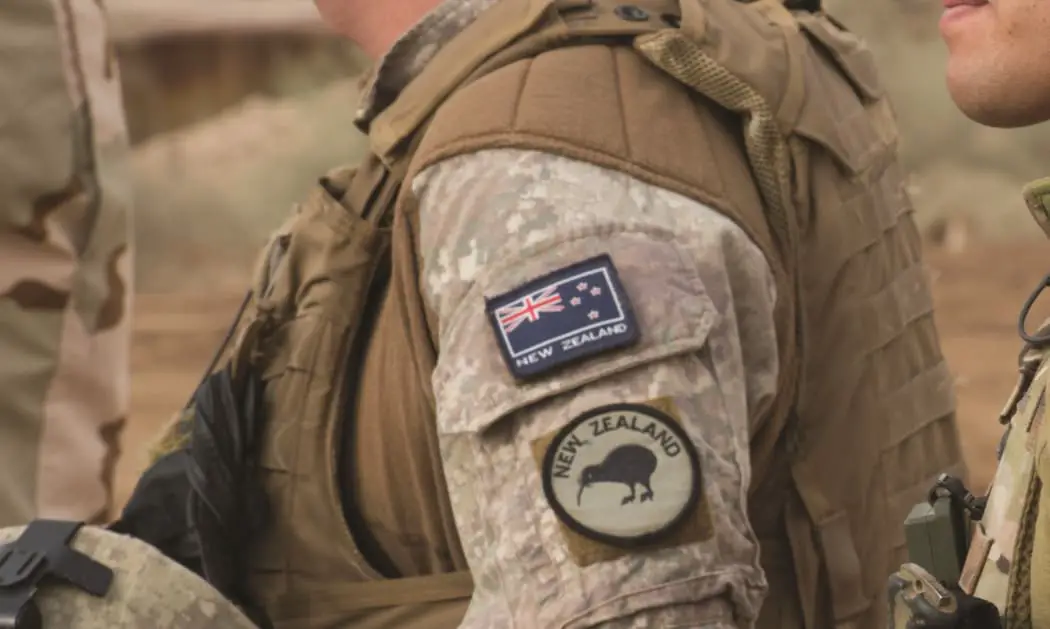New Zealand Military ‘Not in a Fit State,’ Government Says
Facing aging equipment and difficulties recruiting personnel, New Zealand’s military needs a revamp, the government said Friday.
The South Pacific nation’s roughly 15,000-strong defense force “is not in a fit state to respond to future challenges,” according to a policy review presented by Prime Minister Chris Hipkins and Defense Minister Andrew Little.
According to the review, New Zealand’s military is designed for a “relatively benign strategic environment” rather than the region’s current predicaments, including climate-fuelled challenges and intense strategic competition between China and the West.
Little said New Zealand needs to invest in a “combat-capable” force and cannot count on being protected by its remoteness.
“The changes in the domestic and international security environment mean our response and preparedness must change too,” Little told reporters Friday
“We must be prepared to equip ourselves with trained personnel, assets and material, and appropriate international relationships in order to protect our own defence and national security.”
The military revamp announcement comes during intensifying talks around New Zealand’s possible role in the AUKUS alliance, a landmark pact between Australia, the United Kingdom, and the United States aimed at countering China’s rise in the Pacific.
New Zealand has been treading carefully around involvement in the deal, hoping to avoid angering its largest trading partner Beijing.
But late last month, Hipkins said New Zealand was “open to conversations” about a possible role in parts of the pact that would not violate its nuclear-free status.
This would mean working with the other partners on defense technologies such as cyber, artificial intelligence, and hypersonic weapons — the agreement’s so-called “pillar two.”
While New Zealand’s strategy document called its relationship with China “significant,” it also said Beijing has been trying to increase its influence in the Pacific “at the expense of more traditional partners such as New Zealand and Australia.”
“An increasingly powerful China is using all its instruments of national power in ways that can pose challenges to existing international rules and norms.
“Beijing continues to invest heavily in growing and modernising its military, and is increasingly able to project military and paramilitary force beyond its immediate region, including across the wider Indo-Pacific.”
New Zealand said it will seek to boost its presence in the Pacific, become the partner of choice for Pacific nations, and help to build resilience to security and climate-related threats in the region.
In addition to its own defense, New Zealand is responsible for the defense of Tokelau, the Cook Islands, and Niue, all small Pacific nations, but its only formal ally is its much larger neighbor Australia.












